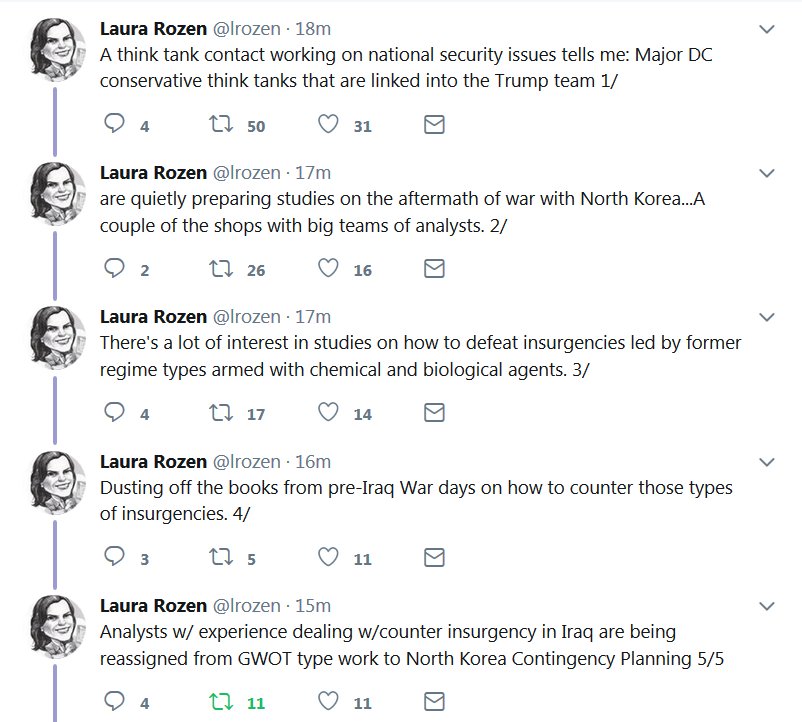A company whose president is “best friends” with Chelsea Clinton received more than $11 million in contracts over the last decade from a highly secretive Department of Defense think tank, but to date, the group lacks official federal approval to handle classified materials, according to sensitive documents TheDCNF was allowed to review.
Jacqueline Newmyer, the president of a company called the Long Term Strategy Group, has over the last 10 years received numerous Defense Department contracts from a secretive think tank called Office of Net Assessment.
The Office of Net Assessment is so sensitive, the specialized think tank is housed in the Office of the Secretary of Defense and reports directly to the secretary.
To date, the Long Term Strategy Group has received $11.2 million in contracts, according to USAspending,gov, a government database of federal contracts.
Here is a previous Think Tank Watch post on the Office of Net Assessment. Here is a link to the Long Term Strategy Group (LTSG).
